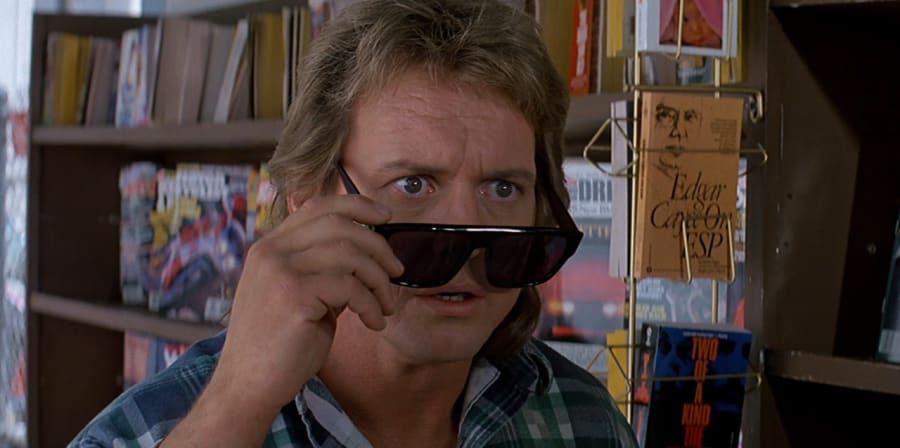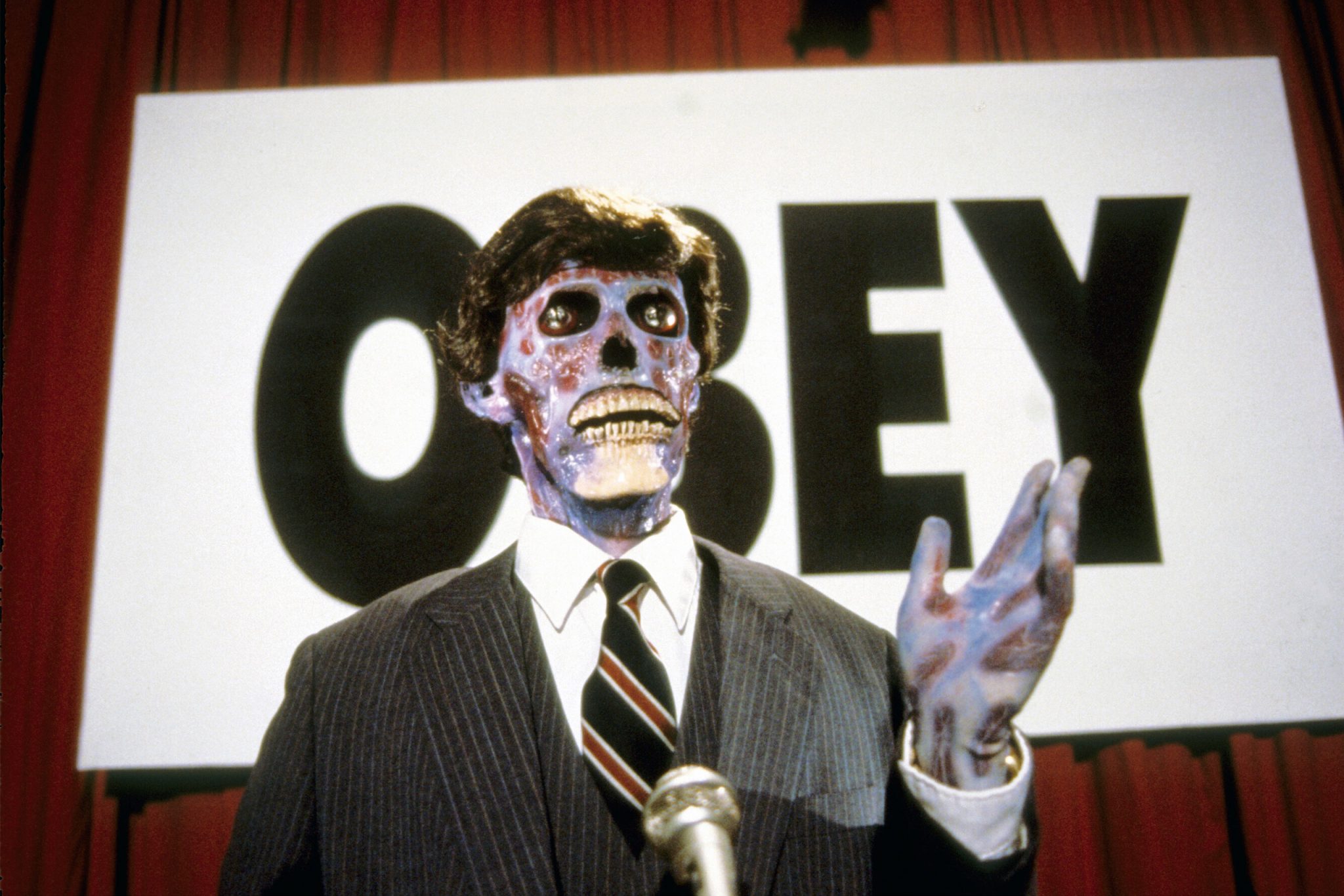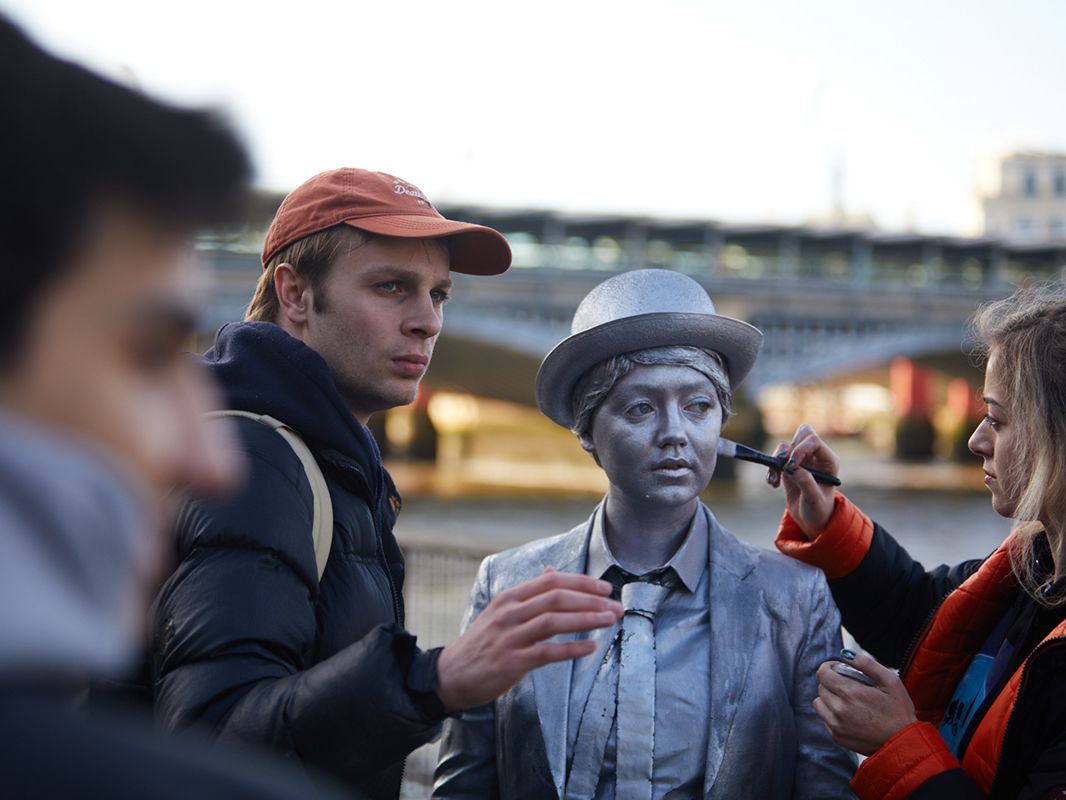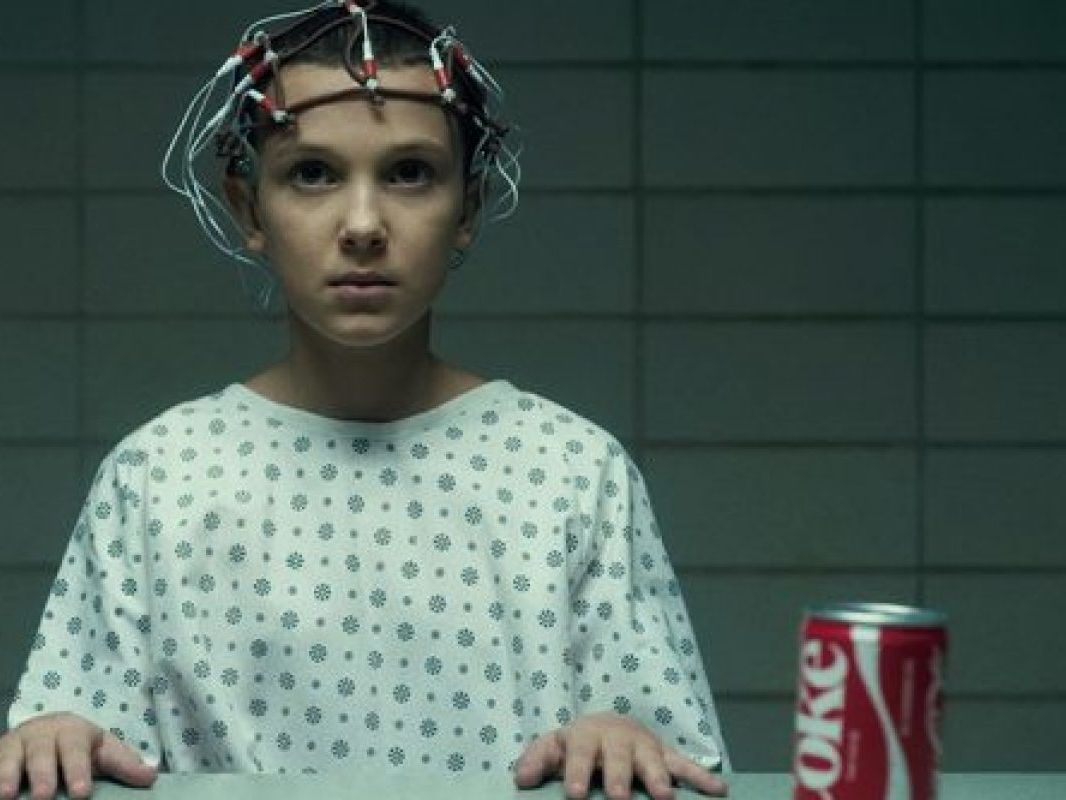Cult filmmaker and composer John Carpenter celebrated his 75th birthday last month. Screenwriter and lecturer in Film Practice and Theory at London College of Communication, Ted Wilkes, has offered his insight on Carpenter’s iconic 80s film, 'They Live.'
They Live is an American science fiction classic, written and directed by John Carpenter, released in 1988. The plot is based off of a short story from 1963, Eight O’Clock in the Morning, by Ray Nelson.
Previously speaking on his inspiration for the film, Carpenter stated that the political overtones stem from his dissatisfaction with then president, Ronald Reagan and his controversial economic policies, known as Reaganomics.
Upon the film's release, Carpenter acknowledged that its premise was the "Reagan Revolution, run by aliens from another galaxy."
Ted said: “They Live has become the perfect fodder for a raft of memes. Roddy Piper putting on and then taking off his sunglasses is a shorthand across the internet for looking beyond cynical corporate messaging: Chase Bank, Mastercard and even the film Boss Baby have all been shown to be part of the alien conspiracy.
“One of the most recognisable pastiches of the film comes from artist Hal Hefner who produced a series of works called CONSUME which showed us who Carpenter’s alien beings would be in the Twenty-First Century. With the idols of today stripped of their visage we see the terror that Carpenter brought to the screen endures in them.
“The film had to recently be reclaimed from the alt-right in America who have misunderstood the core conceit of the narrative to justify age-old antisemitic conspiracies. It took Carpenter himself to remind us once again that the film was very much taking aim at Reagan when no one else was brave enough.”
The film has amassed a cult following since being released, being mentioned in a variety of notable publications. In 2008, They Live was featured in Entertainment Weekly’s ‘Cult 25 The Essential Left-Field Movie Hits Since '83’ list, ranking in at number 18. Film review website, Rotten Tomatoes, ranked the fight scene between Roddy Piper’s character and Keith David’s character as 7th on their list of ‘The 20 Greatest Fight Scenes Ever.’
Speaking on his legacy, Ted Wilkes explained that Carpenter will be remembered as a cinema legend for his contribution to the discipline.
He said: “All of Carpenter’s work is nakedly countercultural. He isn’t trying to be any regular auteur. Even when he is given sizable budgets and star power he is overtly setting out to make cult cinema. Something that is unabashedly made for the audience and not the critic.
“It could be argued that he brought the modern slasher and its Final Girl trope into the zeitgeist. A sub-genre and a character that scores flock to the cinema to see still today.
“However, Carpenter’s cinema could be seen as a meta-fictional critique of the blockbuster. He picks apart the tropes, conceits and narratives of the work he creates and delivers them to us not to undermine but to alert us to them. Or maybe he’s just someone who is comfortable creating films that are there first and foremost to be enjoyed.”

Due to its iconic legacy and relevance in today’s society, many film forums have spoken about the potential of a remake, dividing fanatics of the movie.
On the possibility of a modern remake, Ted Wilkes said: “Depressing as it might seem the very fact that many of the themes and ideas explored in They Live are just as relevant today as they were in 1988.
“Would a cult following be happy watching a remake of a film which is already still discussed as if it came out yesterday? Probably not… However, you bring the narrative into the twenty-first century with some tweaks to the script.
“Cast John Cena and Daniel Kaluuya as Nada and Frank respectively. Plus, maybe get Carpenter to revisit his score, then I’ll be there on opening night with my sunglasses on and plenty of bubblegum to chew.”
During his 60-year career, John Carpenter has cemented his legacy, along with his own unique style of filming.
Carpenter characterizes his films with minimalist lighting and photography, panoramic compositions and his distinctive synthesized scores, which are usually self-composed.
Often dubbed ‘the Carpenter shot’ he utilises a 2.35:1 aspect ratio and anamorphic format, which stretches the shot.
Speaking on his legacy, Ted Wilkes explained that Carpenter will be remembered as a cinema legend for his contribution to the discipline.
He said: “All of Carpenter’s work is nakedly countercultural. He isn’t trying to be any regular auteur. Even when he is given sizable budgets and star power he is overtly setting out to make cult cinema. Something that is unabashedly made for the audience and not the critic.
“It could be argued that he brought the modern slasher and its Final Girl trope into the zeitgeist. A sub-genre and a character that scores flock to the cinema to see still today.
“However, Carpenter’s cinema could be seen as a meta-fictional critique of the blockbuster. He picks apart the tropes, conceits and narratives of the work he creates and delivers them to us not to undermine but to alert us to them. Or maybe he’s just someone who is comfortable creating films that are there first and foremost to be enjoyed.”
Related links:
- FInd out more about Ted Wilkes
- Find out more about BA (Hons) Film Practice
- Find out more about the Screen School





